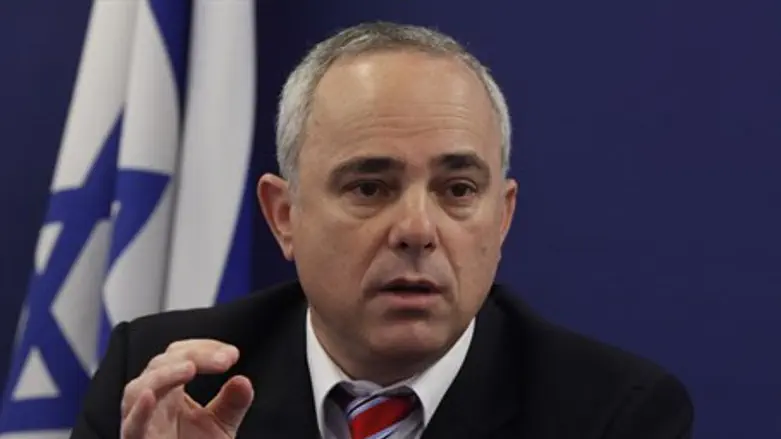
The new European Union ambassador-designate to Israel, Lars Faaborg-Andersen, on Monday sought to reassure the Israelis over a nuclear deal struck with Iran, AFP reports.
"We very much have Israel's security at heart," Faaborg-Andersen told a meeting of EU ambassadors with Strategic Affairs Minister Yuval Steinitz in Jerusalem.
Iran agreed to curb its nuclear program for the next six months in exchange for limited sanctions relief following marathon talks with the five permanent members of the UN Security Council plus Germany in Geneva that ended Sunday.
But Israeli leaders have universally slammed the deal as an "historic mistake," having urged for months to keep up sanctions and rally international support.
Faaborg-Andersen condemned "inflammatory statements (on Israel) coming out of Iran," saying it was "only natural that Israel wants to weigh in on these important negotiations that have been conducted with Iran."
But he hailed the deal as the "first time in 10 years" at which Iran's nuclear program had been significantly curbed.
MK Steinitz disagrees. "We are not satisfied, to say the least," with the deal, Steinitz stated. "Actually, we're quite disappointed with the agreement that was signed yesterday."
The deal is meant to cause Iran to cut down its uranium enrichment, but many critics believe that Iran is simply biding time until a weapon is ready. Like many Israeli leaders, Steinitz maintained that there must be a complete halt.
"Our main concern is that Iran will remain, according to this agreement, a threshold nuclear country, which means countries that can produce nuclear weapons in less than a year."
He said sanctions had been "sufficient to reach a much better and more comprehensive deal."
Despite his reservations, Steinitz also stressed the need to keep sharing intelligence with the EU and ensure a final deal acceptable to Israel. "The dialogue between us and the European Union ... on this topic ... is very good, open dialogue, even while we beg to disagree," Steinitz said.
Faaborg-Andersen has approached issues between EU and Israel more openly than his predecessors. Earlier this month, he attempted to patch the rocky relationship between the two bodies after EU has threatened to boycott Israeli institutions in Judea and Samaria.
Israel has maintained that the EU guidelines are trying to impose new borders on Israel via trade sanctions rather than through ongoing negotiations with the Palestinian Authority. In fact, Israel has said, the boycott hurts negotiations rather than promotes them.